2021/22 : At Bordeaux University Hospital and Nantes University Hospital, Activities for Children with Heart Defects
In France, 1 in 100 children are born with a heart defect.
20 children per day !
A child's heart beats approximately 200,000 times in 24 hours. But sometimes, this formidable mechanism is hampered by a congenital heart disease. This type of anomaly that occurs during intrauterine life requires rapid hospital treatment. Most of these heart diseases are operated on before the age of 4 or 5. Some from birth. The treatment of these malformations is surgical. But to be able to operate inside the heart, it must be emptied of its blood and its beating stopped. Surgeons then use an artificial heart-lung machine that establishes extracorporeal circulation.
For the child, hospitalization means a change of environment, the appearance of unfamiliar faces, unusual care (blood tests, X-rays, ECGs, etc.), and the perception of parental worry. This means a lot of destabilization and anxiety.
The project consists of combating the child's fear, pain and boredom.
Fear : in the hospital environment the rules are different, events are unpredictable and the instruments used for care are often impressive. The child must manage his fear of the unknown, the lack of information and predictability, a feeling of insecurity, which are distressing elements.
Pain : care (injections, transfusions, punctures, etc.) causes pain and generates apprehension.
Boredom : the child finds himself in a bed, immobile, without recreational activity, without distraction, no or few visits. Hence a strongly felt boredom. However, between 4 and 12 years old, the child is in full social, cognitive and emotional development (start of school, new activities, learning to live in a group, etc.). However, children can escape it through games, activities or visits. Avoiding boredom in the hospital is a way of positively affecting the experience of pain.
To combat fear, boredom and pain (but also sadness and loneliness), Fondation La Petite Etoile offers children in the Pediatric Cardiology department of Bordeaux University Hospital little moments of joy, laughter and carefreeness. Every Monday, the Clowns Stethoscopes offer personalized interventions adapted to each child. They work closely with the care teams to design and adjust the games offered to the children according to their situation. Although they are neither caregivers nor therapists, their work is recognized in the medical community and contributes to the well-being of the hospitalized child.
Co-participants : Fondation La Petite Etoile, Association Petit Cœur De Beurre, Association Les Clowns Stéthoscopes
Funding provided by Fondation La Petite Etoile: € 5,000
End of project: December 2021
In the same context and in addition to medical treatments, Fondation La Petite Etoile is participating in the creation of sophrology and socio-aesthetic workshops aimed at improving the quality of life of children or young adults during their hospitalization, both physically, psychologically and morally. The benefits of these workshops are numerous: sophrology allows in particular better management of physical pain and stress. It provides the necessary tools to better live through the difficult moments of the illness. Socio-aesthetics, for its part, offers patients aesthetic care and a real moment of relaxation so that they can take care of themselves. This approach aims to improve and enhance their self-esteem, which can sometimes be at its lowest.
These workshops were set up at Nantes University Hospital.
Co-participants : Fondation La Petite Etoile, Association Petit Cœur De Beurre
Budget provided by Fondation La Petite Etoile: €1,000
End of the project: June 2022
In France, 1 in 100 children are born with a heart defect.
20 children per day !
A child's heart beats approximately 200,000 times in 24 hours. But sometimes, this formidable mechanism is hampered by a congenital heart disease. This type of anomaly that occurs during intrauterine life requires rapid hospital treatment. Most of these heart diseases are operated on before the age of 4 or 5. Some from birth. The treatment of these malformations is surgical. But to be able to operate inside the heart, it must be emptied of its blood and its beating stopped. Surgeons then use an artificial heart-lung machine that establishes extracorporeal circulation.
For the child, hospitalization means a change of environment, the appearance of unfamiliar faces, unusual care (blood tests, X-rays, ECGs, etc.), and the perception of parental worry. This means a lot of destabilization and anxiety.
The project consists of combating the child's fear, pain and boredom.
Fear : in the hospital environment the rules are different, events are unpredictable and the instruments used for care are often impressive. The child must manage his fear of the unknown, the lack of information and predictability, a feeling of insecurity, which are distressing elements.
Pain : care (injections, transfusions, punctures, etc.) causes pain and generates apprehension.
Boredom : the child finds himself in a bed, immobile, without recreational activity, without distraction, no or few visits. Hence a strongly felt boredom. However, between 4 and 12 years old, the child is in full social, cognitive and emotional development (start of school, new activities, learning to live in a group, etc.). However, children can escape it through games, activities or visits. Avoiding boredom in the hospital is a way of positively affecting the experience of pain.
To combat fear, boredom and pain (but also sadness and loneliness), Fondation La Petite Etoile offers children in the Pediatric Cardiology department of Bordeaux University Hospital little moments of joy, laughter and carefreeness. Every Monday, the Clowns Stethoscopes offer personalized interventions adapted to each child. They work closely with the care teams to design and adjust the games offered to the children according to their situation. Although they are neither caregivers nor therapists, their work is recognized in the medical community and contributes to the well-being of the hospitalized child.
Co-participants : Fondation La Petite Etoile, Association Petit Cœur De Beurre, Association Les Clowns Stéthoscopes
Funding provided by Fondation La Petite Etoile: € 5,000
End of project: December 2021
In the same context and in addition to medical treatments, Fondation La Petite Etoile is participating in the creation of sophrology and socio-aesthetic workshops aimed at improving the quality of life of children or young adults during their hospitalization, both physically, psychologically and morally. The benefits of these workshops are numerous: sophrology allows in particular better management of physical pain and stress. It provides the necessary tools to better live through the difficult moments of the illness. Socio-aesthetics, for its part, offers patients aesthetic care and a real moment of relaxation so that they can take care of themselves. This approach aims to improve and enhance their self-esteem, which can sometimes be at its lowest.
These workshops were set up at Nantes University Hospital.
Co-participants : Fondation La Petite Etoile, Association Petit Cœur De Beurre
Budget provided by Fondation La Petite Etoile: €1,000
End of the project: June 2022





